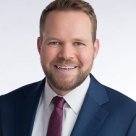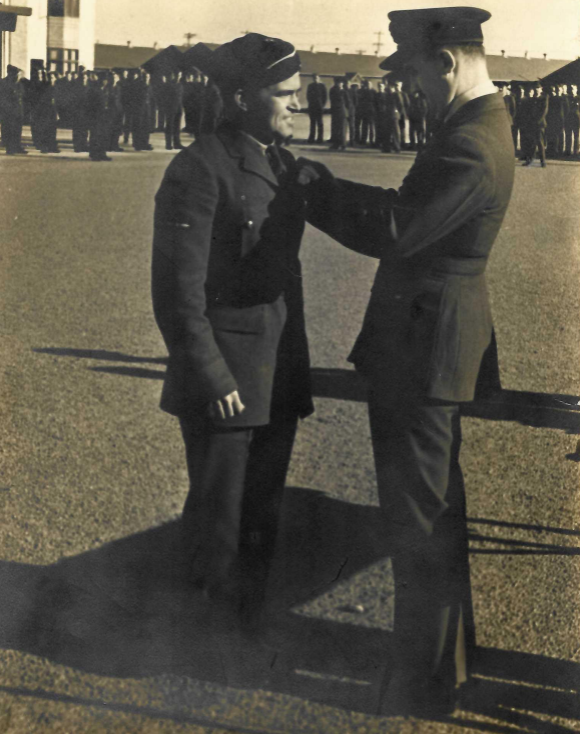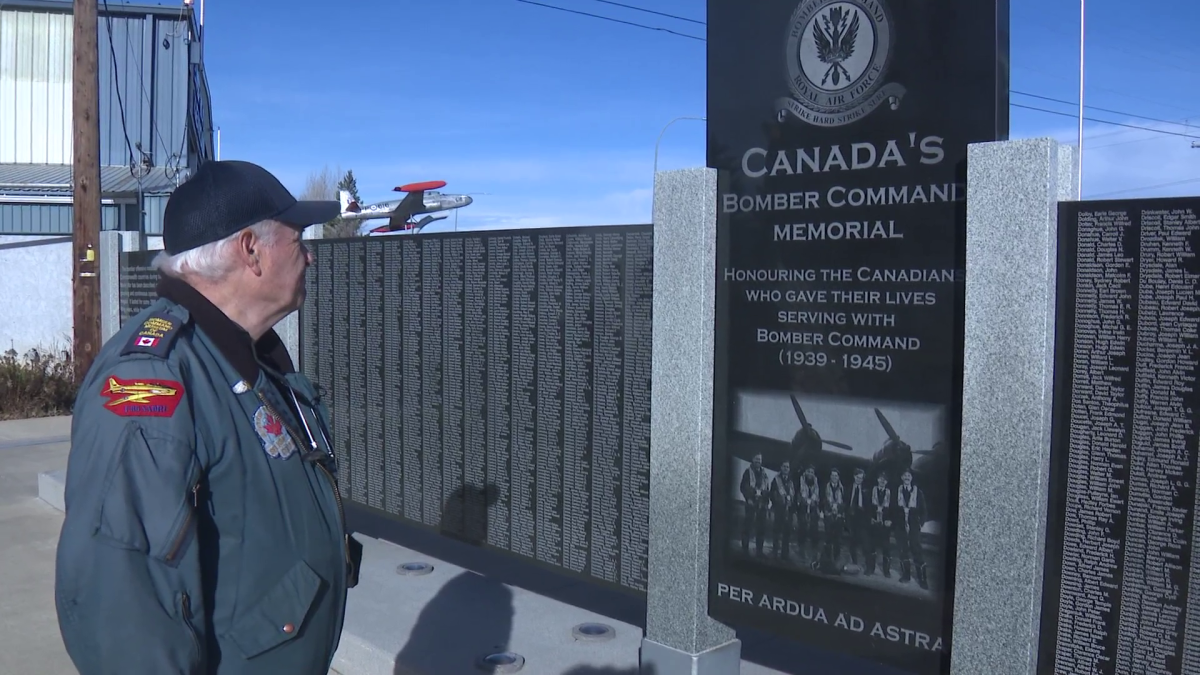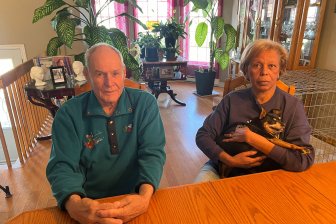STAFFORD, Va. — Growing up in a family of aviators, Michael Parkyn found it hard to believe the lore about his father’s cousin, Alfred.

As the story went, Alfred Parkyn was an American, who enlisted in the Royal Canadian Air Force, and went missing aboard a British Lancaster bomber off the Dutch coast in 1942.
“That was impossible, right?” Parkyn says. “But it wasn’t.”
Alfred Parkyn was one of nearly 9,000 Americans who volunteered to fight for Canada before the U.S. had officially entered the Second World War.
More than 850 Americans like Alfred never returned home.
Even though the U.S. supported their cause, families and historians say many have been forgotten or ignored because they were killed in service to a foreign country.
“These people saw some reason to leave safety and go do something difficult, something dangerous, something risky,” Parkyn says.
At the time, American enlistment in the RCAF was hardly a secret.
U.S. citizens were openly recruited at events at hotels by a group known as the Clayton Knight Committee. It was an effort led by famed Canadian fighter pilot Billy Bishop.
Newsreel footage from 1941 showed American airmen training in Canada, wearing special patches on their uniforms.
Though some of the recruits were threatened with loss of citizenship, the White House turned a blind eye to the effort, and the men kept streaming north.
“They knew Hitler was coming,” explains Karl Kjarsgaard of the Bomber Command Museum of Canada in Nanton, Alta. “They just wanted to be here and stop tyranny.”
That history was quickly forgotten after the attack on Pearl Harbour drew the U.S. directly into the war. Decades later, Kjarsgaard was astonished to discover the scope of U.S. involvement, while researching the thousands of men killed on Canadian bombing missions in the Second World War.
“Amongst all these Canadian lads killed in World War Two, there were Americans from New Hampshire, Americans from Texas, Americans from California,” he explains.
There were hundreds of them, including Alfred Parkyn, from New Jersey.
While serving as a pilot in the U.S. Marine Corps, Michael Parkyn began to unravel the full story of his relative.
Piloting his own aircraft, he became overwhelmed by thoughts of Alfred’s forgotten service and sacrifice.
“When somebody is flying a military aircraft in combat and they simply disappear and their story is never told, it’s like they did it for nothing, and that’s not right,” Parkyn says.
How best to remember them?
In the U.S. there is no national acknowledgement of the Americans who fought for Canada.
They do not appear on official lists of those killed or missing in action during the Second World War. There is no effort to locate their remains. There is no national memorial to their service.
“That is not honouring the sacrifice of these young airmen,” says Kjarsgaard, who is planning to feature 50 of the American airmen on a memorial at the museum.
Parkyn says families of these veterans are effectively excluded.
“They are not welcome in American veterans organizations, so their families don’t get the recognition, their families don’t get to tell their stories,” he says.
Kjarsgaard and Parkyn both support calls to award the veterans the Congressional Gold Medal, but a bill to do so is effectively stalled in Congress.
Parkyn is starting a non-profit organization to raise awareness of their service, and to tackle a bigger goal: locating the final resting places of Alfred, and other missing Americans.
He’s hoping to prod American, Canadian and European governments to assist with the effort, to close a forgotten chapter of history.
“It was important. It mattered to the families. It mattered to America,” Parkyn says.
“When we forget our stories, we don’t heal from trauma.”






Comments